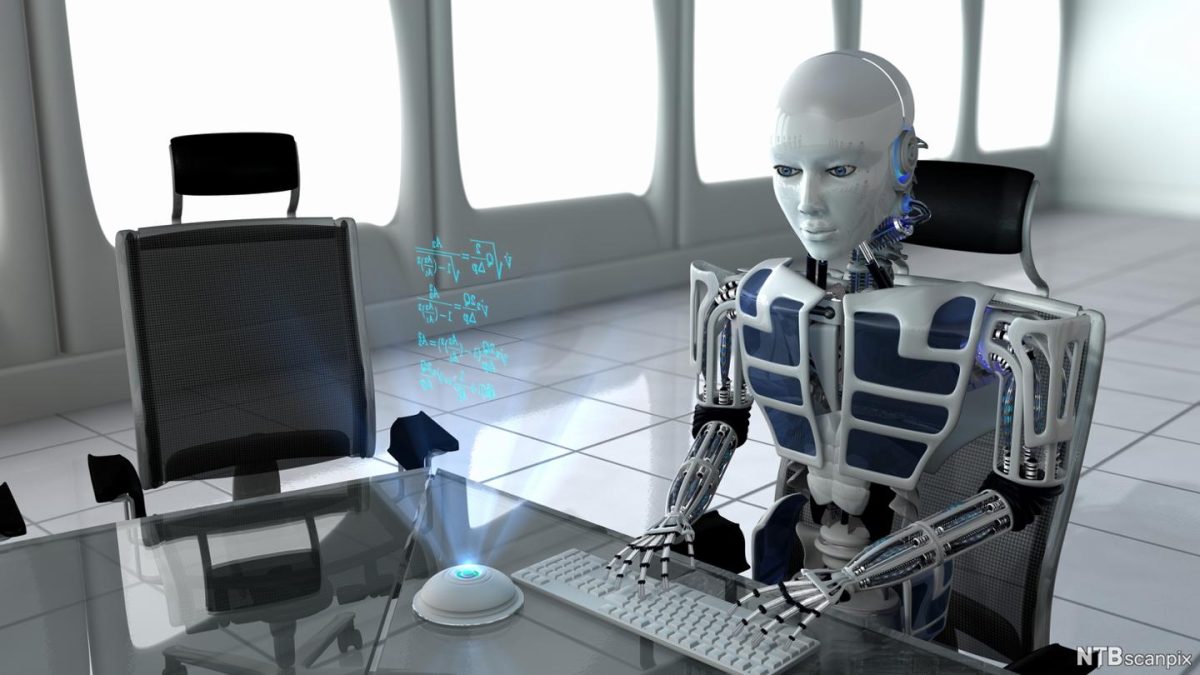Today, artificial intelligence expresses thoughts like humans. It is quickly becoming a part of everyday life. Chat GPT’s bulleted response reminds us of exam answers from A-grade students. Can it become an ally for the new generation in the coming times? Or rather, is it becoming a point of contention and conflict?

People’s opinion about AI is divided. Generative artificial intelligence may account for up to 30 percent of working hours in the US economy by 2030, according to a new report. This fact is taken from a study by McKinsey global institute, “Generative AI and the future of work in America”.
By 2030, activities that account for up to 30 percent of working hours across the US economy currently are at risk of automation. This is a trend accelerated by generative AI. However, we see generative AI enhancing the way STEM, creative, business, and legal professionals work; rather than eliminating a significant number of jobs outright.
The situation is no different in Australia. According to new research from the Australian emerging technology analyst firm, Telsyte: A workforce that could look very different in 10 years time because of AI. Almost a third of workers say are at risk of losing their job to a machine or AI in 10 years time. That figure rises to 57 per cent when the timeframe extends to 20 years. Of those who agree that their roles can be automated by machines, 42 per cent believe that part of their role will be replaced within five years. While 71 per cent believe this will happen within 10 years.
The Implications of AI in the Workplace
Almost three-quarters (73%) of Australians anticipate future jobs are going to suffer due to Generative AI. The top perceived roles include customer services (58%), IT services (49%) accounting services (40%), tourism (39%) and graphic design (36%).
“The Australian workforce wants to reduce the workload, but are wary AI might replace them”, says Foad Fadaghi, Principal Analyst and Managing Director at Telsyte.
“Generative AI has the potential to transform many industries and sectors, but it also poses some ethical and social implications that need to be carefully considered and addressed,” says Foad Fadaghi.

As artificial intelligence technologies advance more and more, we are also approaching a turning point in human history. The people who will take advantage of these technologies include small businesses. However, it ranges right up to large enterprises and even nation-state.
But in one corner of the human mind, there is also a fear of the future, in case it proves to be dangerous for humanity. In this context, Professor Stephen Hawking warns that “the creation of powerful artificial intelligence will be either the best or the worst thing, ever to happen to humanity’.”
This is a warning that is echoing through people’s minds. But despite this difficult hesitation, the growing trend of AI cannot be denied. In today’s era, staying updated with new technology is the demand of the era as well as a compulsion.
Subscribe to FIB’s Weekly Breaking News Report for your weekly dose of music, fashion and pop culture news!







